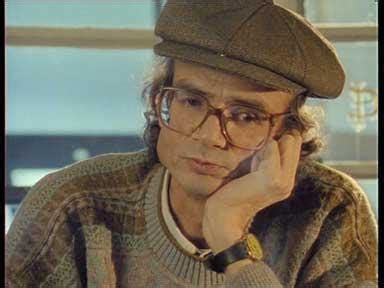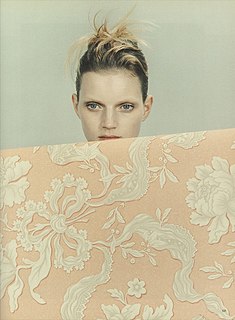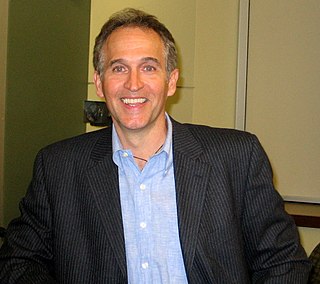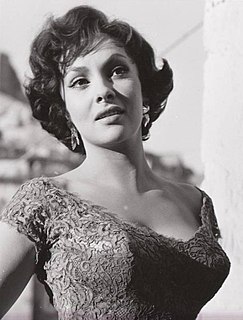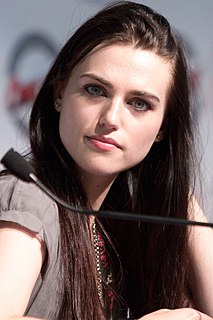A Quote by Danny Glover
Today's cinema is a proliferation of comedies, which are in some ways creating caricature images. They're one-dimensional.
Quote Topics
Related Quotes
Just look at the cinema itself: It's comprised of lots of movies about graphic novels, and if you're not 20 years old and wearing a cape and a mask and white, you're out of business. Today's cinema is a proliferation of comedies, which are in some ways creating caricature images. They're one-dimensional.
There is no one kind of thing that we 'perceive' but many different kinds, the number being reducible if at all by scientific investigation and not by philosophy: pens are in many ways though not in all ways unlike rainbows, which are in many ways though not in all ways unlike after-images, which in turn are in many ways but not in all ways unlike pictures on the cinema-screen--and so on.
I don't like that we repeat a certain expression over and over again because I think it narrows the way that we look on the world. I also think that there is a certain responsibility if you work with moving images because it's so strong in creating behaviour; it's so strong in creating the way that we look on the world, so for me it's very important that I create images that I have an experience of or is something that I think exists in the world and not just in cinema.
Narrative, fiction filmmaking is the culmination of several art forms: theater, art history, architecture. Whereas doc filmmaking is more pure cinema, like cinema verité is film in its purest form. You're taking random images and creating meaning out of random images, telling a story, getting meaning, capturing something that's real, that's really happening, and render this celluloid sculpture of this real thing. That's what really separates the power of doc filmmaking from fiction.
In some ways, I feel like the strength of animation is in its simplicity and caricature, and in reduction. It's like an Al Hirschfeld caricature, where he'll use, like, three lines, and he'll capture the likeness of someone so strongly that it looks more like them than a photograph. I think animation has that same power of reduction.
There is an interesting and new way to be excited about the fashion world today maybe. The traditional path of fashion as simple magazine images has dissolved - we are seeing new and innovative ways to share, create, and enjoy ideas. I am challenged to learn and explore paths of finding new photographers, stylists, and vision-makers online or through direct contact, connecting with ideas and creativity in new ways, and making images with different outlets. Sometimes more unbridled avenues and unconventional ways lead to things I wouldn't have thought of yet.
The oceans are in trouble. There are some serious problems out there that I believe are not clear to many people. My hope is to continually find new ways of creating images and stories that both celebrate the sea yet also highlight environmental problems. Photography can be a powerful instrument for change.


